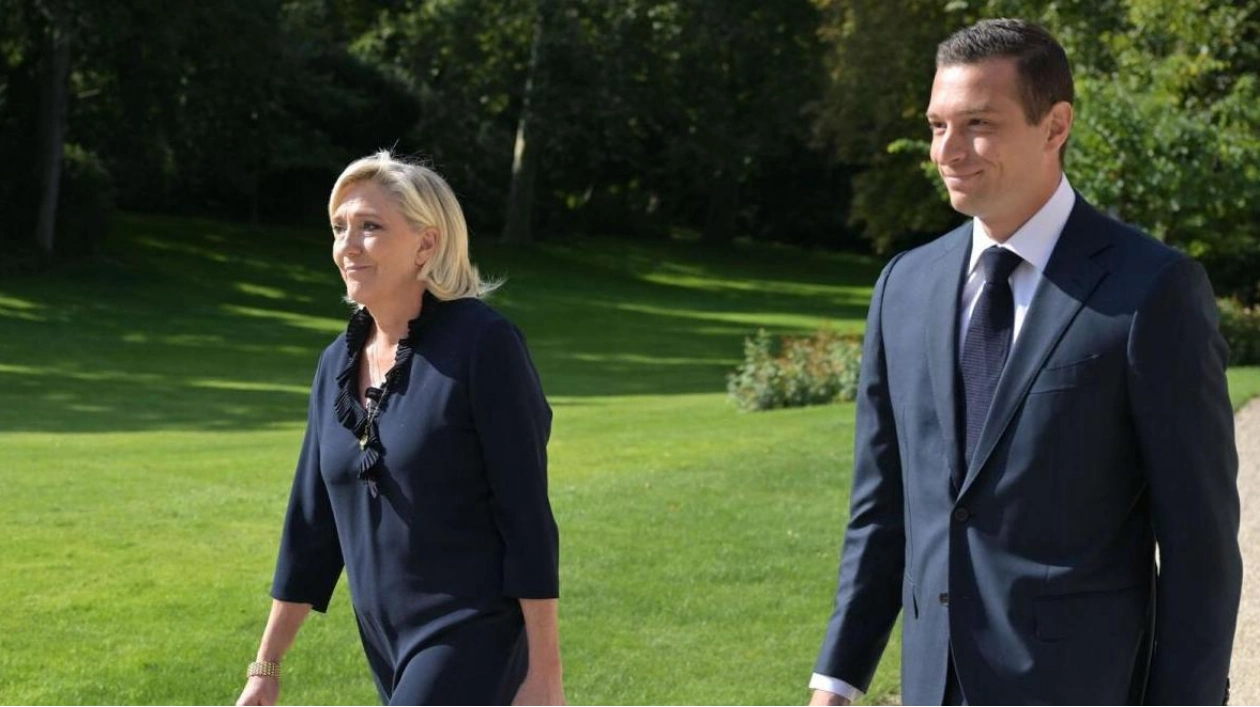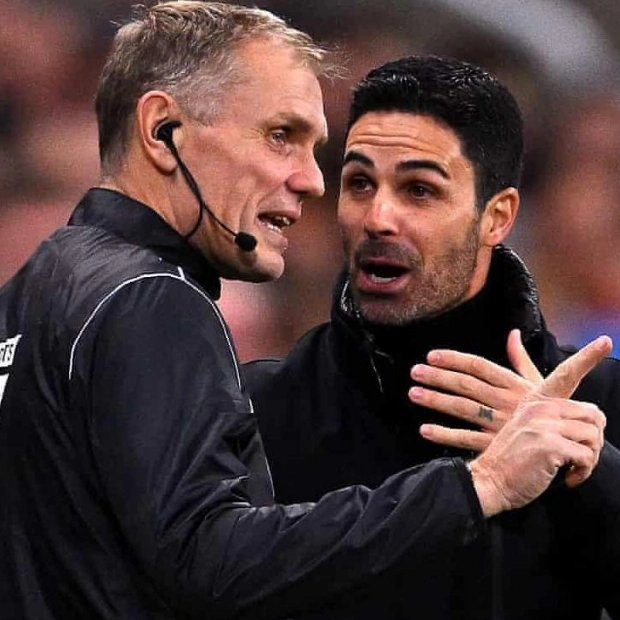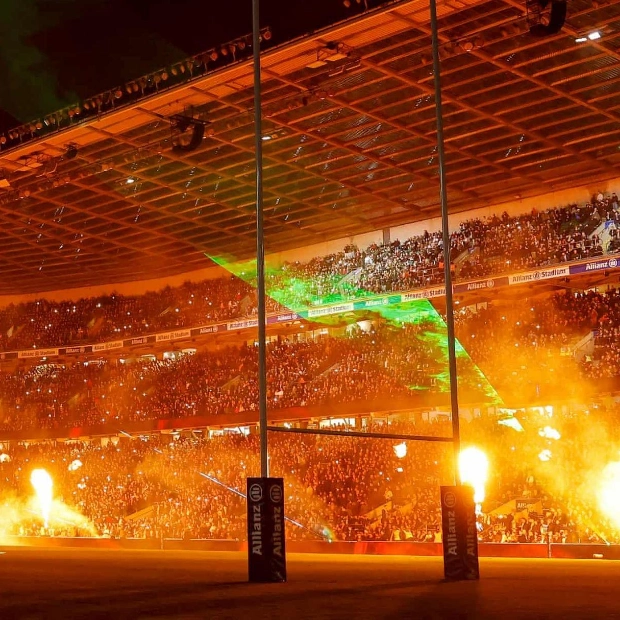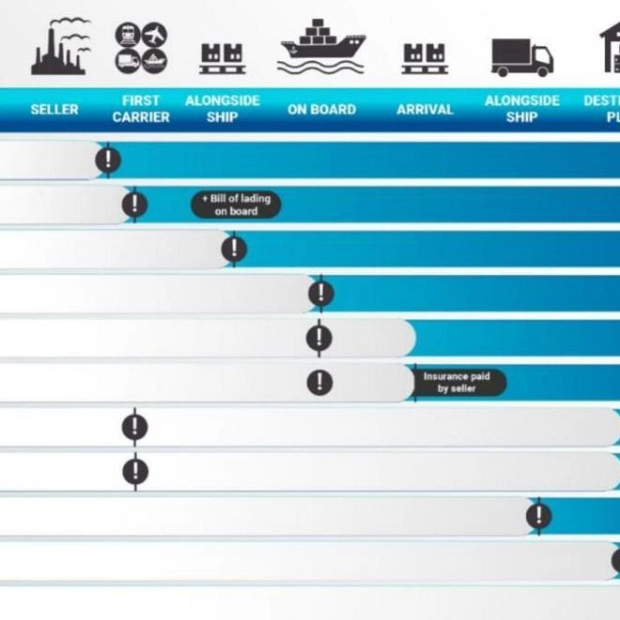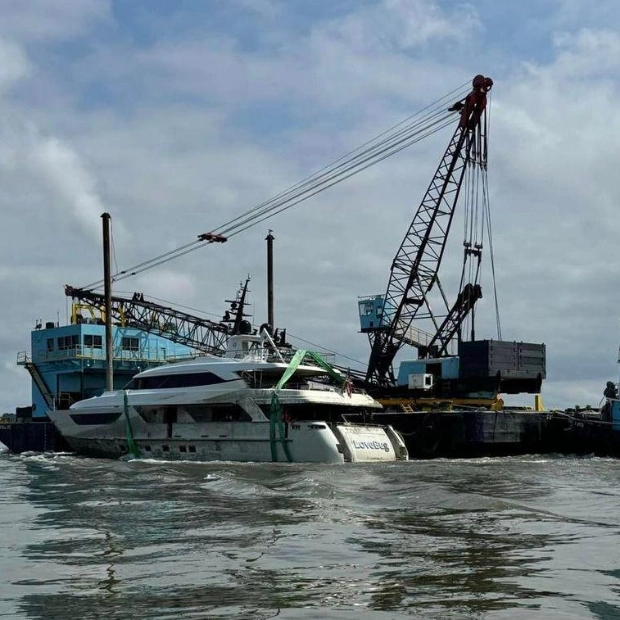French President Emmanuel Macron welcomed far-right leader Marine Le Pen for a rare meeting on Monday, amid growing demands for him to appoint a prime minister following the indecisive parliamentary elections in July. Accompanied by Jordan Bardella, the leader of the National Rally (RN) party, Le Pen entered the Elysee Palace in Paris through a back entrance without fanfare, prior to the scheduled 10.45 am discussion, with the president absent.
Macron's attempt to resolve the parliamentary impasse through snap elections last month proved unsuccessful, leaving France still in a state of political gridlock with a minority government since 2022. The National Assembly, the lower house, is now predominantly split between three major groups: the New Popular Front (NFP) alliance of left-wing parties, which holds over 190 seats; the president's coalition with approximately 160 seats; and the far-right National Rally with 140 seats. None of these factions hold a majority in the 577-seat chamber, requiring at least 289 seats.
Since the second round of voting concluded on July 7, the left has advocated for Macron to appoint one of their members as prime minister, arguing that they should assume the role due to their majority status. They have proposed the relatively unknown 37-year-old economist and civil servant, Lucie Castets, as their candidate for the position of head of government. In response, Macron has delayed the appointment of a new prime minister, maintaining a caretaker government for an unusually extended period while he searches for a candidate with widespread support who would not face immediate defeat in a confidence vote.
The urgency to resolve this situation has increased as the deadline approaches to submit a draft 2025 budget for the heavily indebted government, which is now less than a month away. Starting Friday, Macron has been holding talks with party leaders at the Elysee in an effort to identify a consensus candidate. However, all parties have remained steadfast in their positions, with the NFP alliance of Socialists, Communists, Greens, and the hard-left France Unbowed (LFI) asserting their right to enact their high-spending agenda. "I refuse to take part in a rigged game where the odds are stacked against the left," stated Olivier Faure, the Socialist party leader, regarding the discussions with Macron. Other groups, including key allies of Macron, conservatives, and the RN, have pledged to vote against any left-wing government. The 2027 presidential election, where Macron is ineligible to run after serving two terms, adds further complexity to the political landscape, with many leaders focused on demonstrating their ideological convictions to voters in the protracted race for the presidency.
